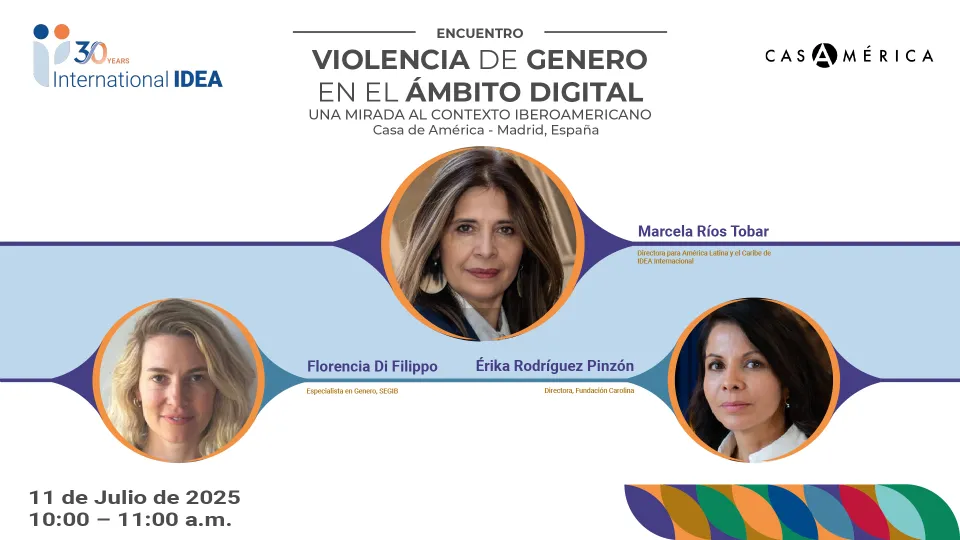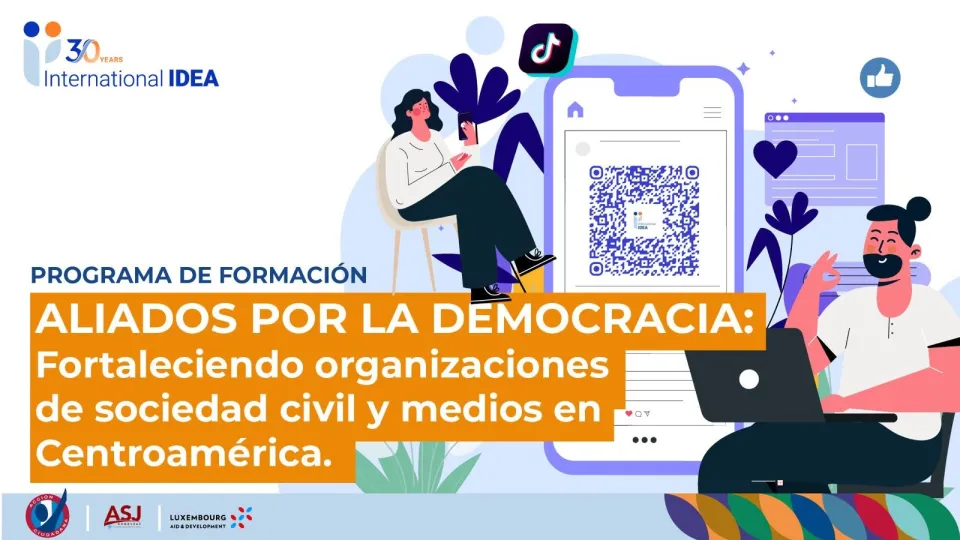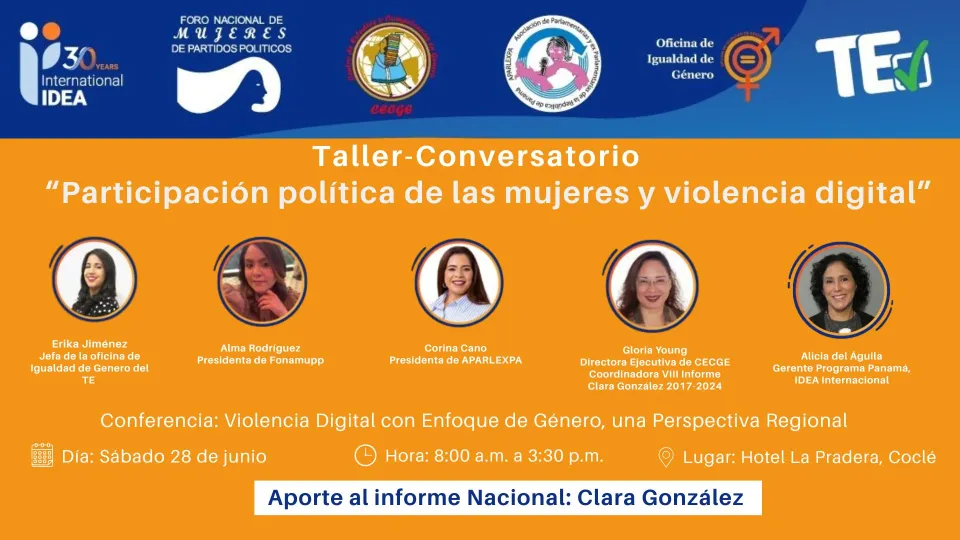Open primary elections are elections within a political party in which it is not only the formal membership that has the right to vote, but non-members also form part of the ‘selectorate’.
The structure of open primaries varies from party to party. This Primer explains the key decisions and questions that political parties are most likely to face when considering or conducting open primaries.


